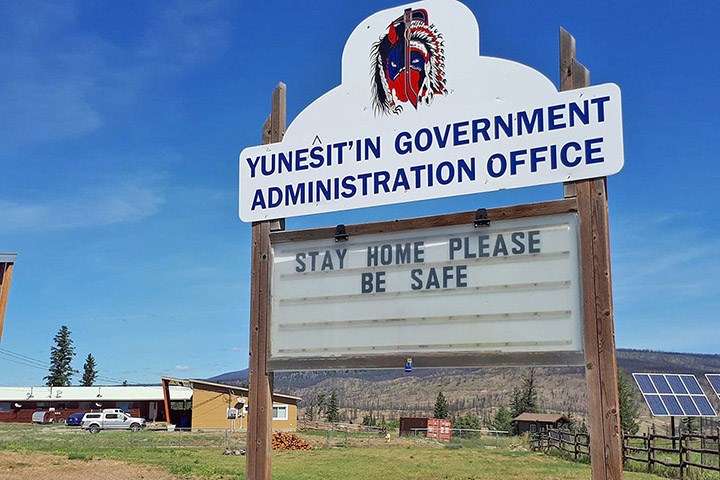Multiple B.C. First Nations continue to demand the provincial government release the location of COVID-19 cases near their communities.
The Heiltsuk Nation, Nuu-chah-nulth Tribal Council and Tsilhqot’in National Government said despite being engaged in government-to-government negotiations, there has been no result.
Public health emergencies, including the ongoing COVID-19 pandemic, “do not impact all populations in the same way” noted a recent report by Dr. Mary Ellen Turpel-Lafond, which discovered widespread systemic racism against Indigenous peoples in B.C’s health-care system.
“First Nations people are significantly more likely to experience an overdose event or death, and more likely to contract COVID-19, than non-Indigenous people in B.C.,” the report stated in one of its 11 key findings.
Specific challenges reported to the review included lack of access to data, lack of resourcing for prevention and security, and lack of integration of First Nations in the supply chain for personal protective equipment and other necessary emergency supplies, the report added.
The First Nations leaders said while they feel vindicated by Turpel Lafond’s report, the report’s recommendations must be immediately implemented and address COVID-19 information sharing.
They have been requesting the location of coronavirus cases near their communities, if the case involves a person who has travelled to their territories within the last 14 days and the name of positive members to be used for culturally-safe contact tracing since May.
Nuu-chah-nulth Tribal Council president Judith Sayers said the health ministry’s ongoing refusal to share the information is based on stereotypes of First Nations governments that receive and work with confidential information every day.
“It’s insulting to suggest that we can’t be trusted with this information,” she said in a Dec. 1 release.
A complaint by the First Nations was filed in September 2020 with the BC Information and Privacy Commissioner, which has opened a file into the matter.



